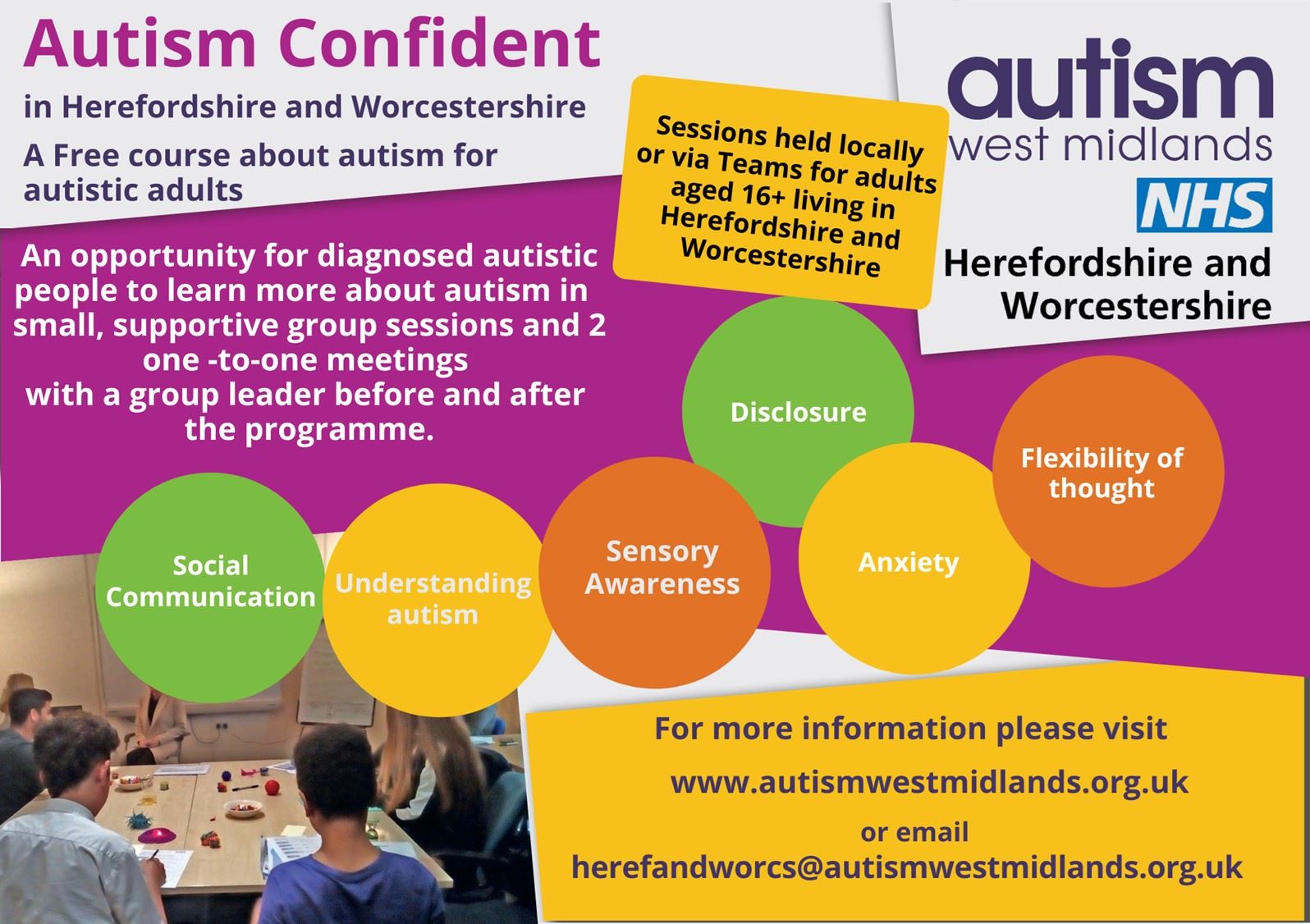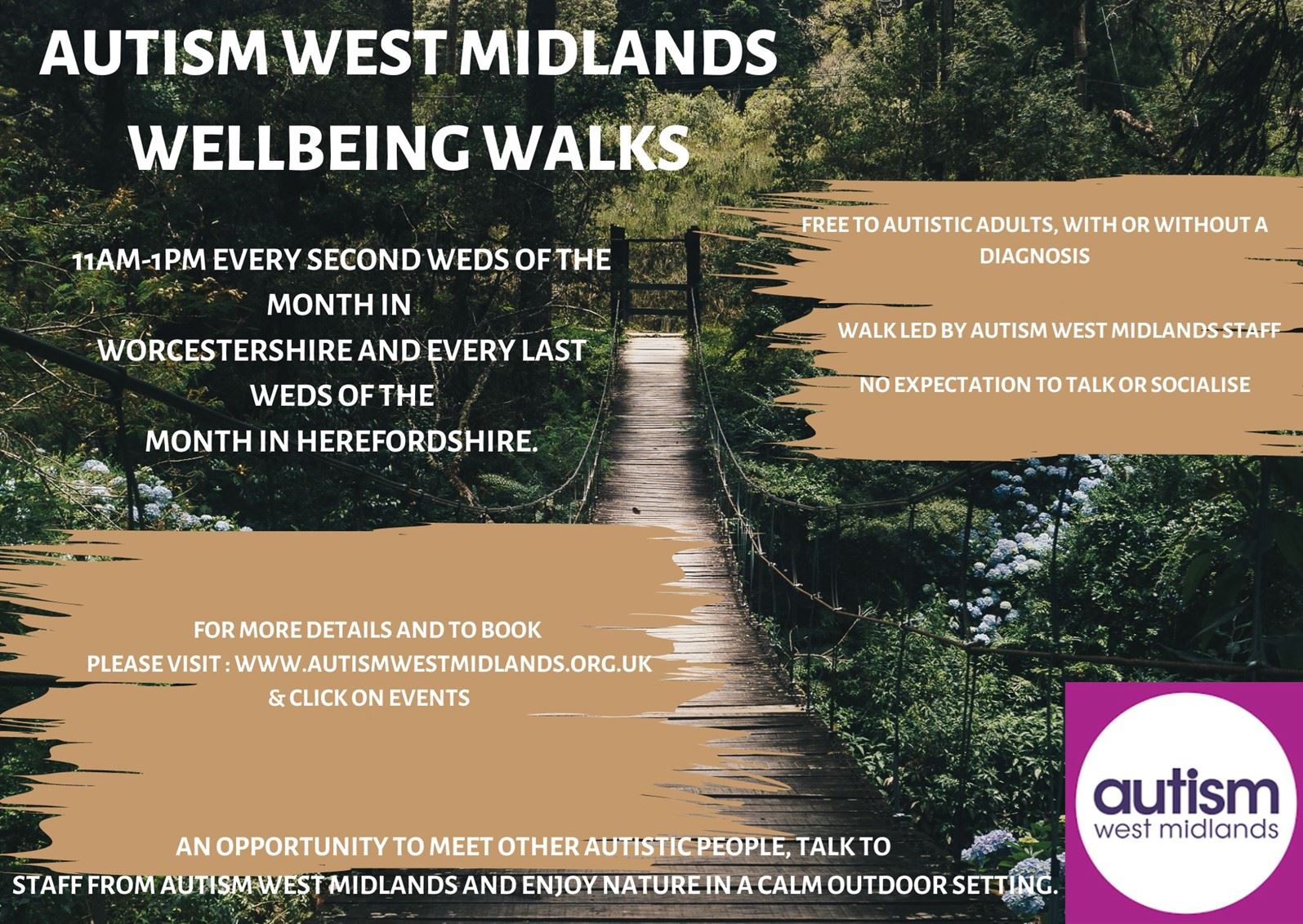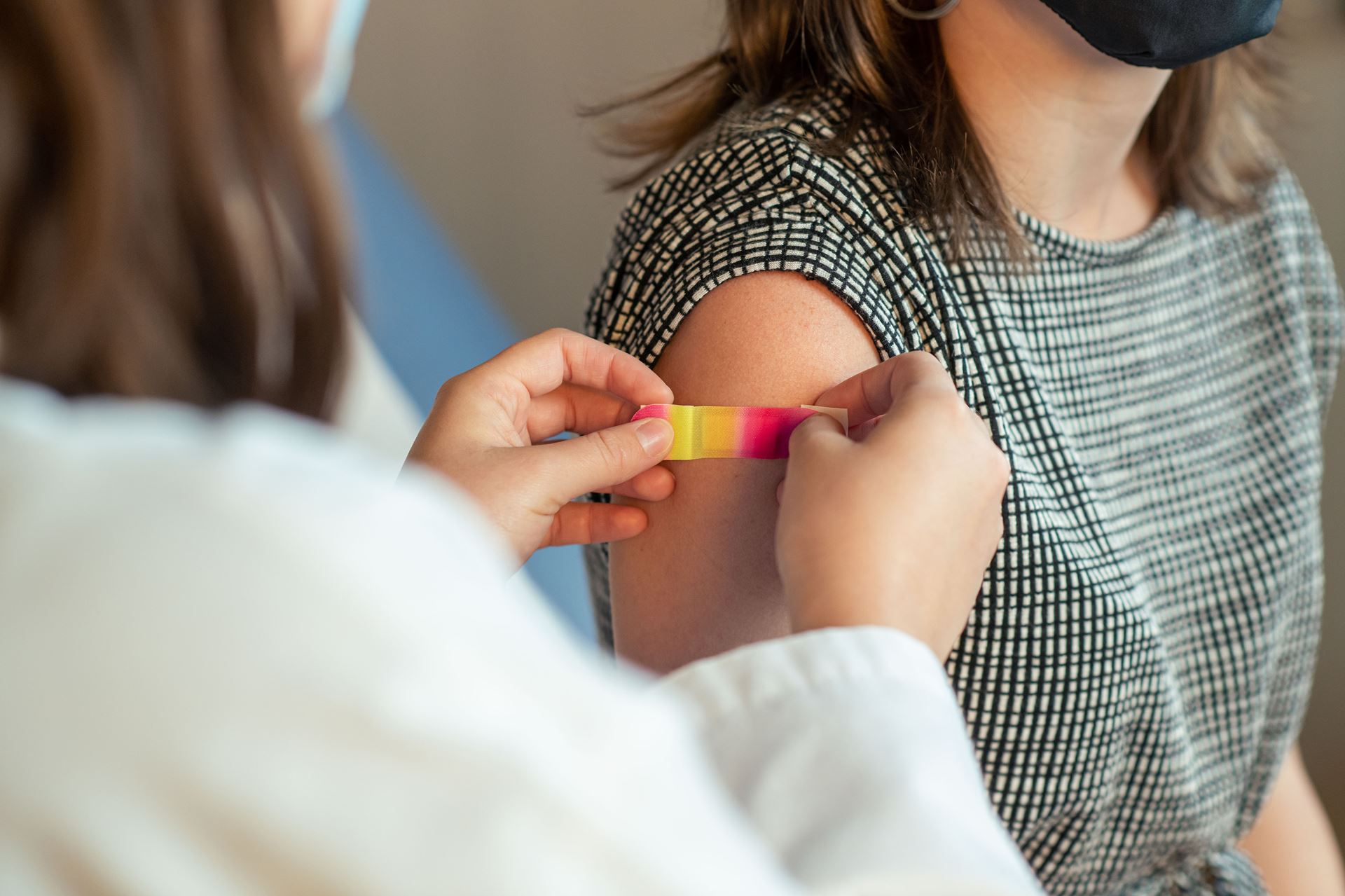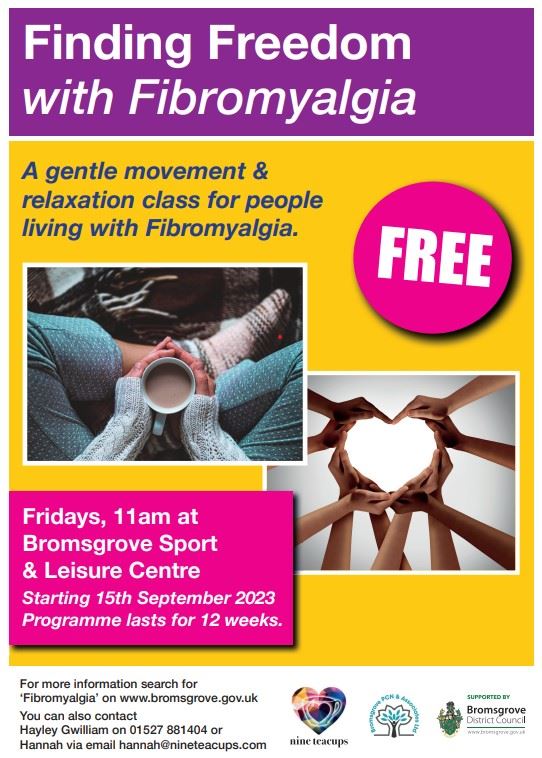Latest News

Autism West Midlands Services
Autism West Midlands is an autism charity commissioned by the NHS to deliver support to individuals over the age of 16 in Herefordshire and Worcestershire.
1 to 1 support - A series of 4 person-centred sessions with one of our autism advisors. These sessions are designed to provide information and support in areas you may be experiencing difficulties such as communication, sensory awareness, anxiety, and wellbeing Autism Confident - This is a free 8-week programme which aims to help you understand more about autism, help to improve your confidence, and provide you with an opportunity to meet other autistic people. It also offers opportunities to develop your social skills in a supported group setting.
To access this service follow the link below and fill out the referral form.

Wellbeing walks
Held twice a month, one in Herefordshire and the other in Worcestershire. These are held in different locations each month, including some National Trust sites where we have kindly be given free access for those who attend our walks.
11am- 1pm every second wednesday of the month in Worcestershire.

Shingles Vaccine Eligibility
From 1 September 2023, the shingles vaccination is being offered to:
- Everyone aged 70 to 79 years is eligible for the Shingles Vaccine
- people aged 50 years and over with a severely weakened immune system
- healthy people aged 60 to 70 years will become eligible for the vaccine over the next 5 years, when they turn 65 or 70 years
The shingles vaccine is given as an injection into the upper arm.
There are 2 shingles vaccines that can be administered:
- Zostavax, a live vaccine given as 1 dose
- Shingrix, a non-live vaccine given as 2 doses
If Zostavax is not suitable for you, our nurses will decide whether to offer you Shingrix instead.
Contact your Surgery if you missed your vaccine. You're eligible up until your 80th birthday.
You can get Shingles more than once, so it's important to get vaccinated even if you've had Shingles before.
For updated information on eligibility for Shingles vaccine please follow the link below...

HRT Prepayment Cards
The Department of Health and Social Care announced they are introducing the HRT Prepayment Card (PPC) to reduce the cost of HRT prescriptions. This service will be available from 1 April 2023. To see if you are eligible and to purchase an HRT PPC - please use this link:
NHS Hormone Replacement Therapy Prescription Prepayment Certificate (HRT PPC) | NHSBSA
We are now booking flu vaccines
All groups eligible for free flu vaccination 2022
- all children aged 2 or 3 years on 31 August 2022
- all primary school aged children (from reception to Year 6) To be offered within schools
- those aged 6 months to under 65 years in clinical risk groups
- pregnant women
- those aged 65 years and over
- those in long-stay residential care homes
- carers
- close contacts of immunocompromised individuals
- frontline staff employed by the following types of social care providers without employer led occupational health schemes:
- a registered residential care or nursing home
- registered domiciliary care provider
- a voluntary managed hospice provider
- Direct Payment (personal budgets) or Personal Health Budgets, such as Personal Assistants
And later in the season:
- All adults aged 50 to 64 years
Awareness Days & Health Advice
Gynae red flags
If you’re worried about symptoms of irregular bleeding, pelvic discomfort, bloating, frequent urination or lumps and bumps you’re not expecting, this helpful information can help you to recognise what your GP needs to know.
https://patient.info/news-and-features/how-to-talk-to-your-doctor-about-your-vagina
Healthy diet
Eating a healthy diet is important for long-term health and wellbeing. There are recommendations about the number of portions of fruit and vegetables you should eat, along with suggestions for fibre and protein. https://www.nhs.uk/live-well/eat-well/how-to-eat-a-balanced-diet/eating-a-balanced-diet/
Cholesterol
High cholesterol makes you more likely to have heart disease or a stroke. You’re more likely to have high cholesterol if you eat fatty foods, don’t exercise enough, are overweight, drink alcohol or smoke. High cholesterol can also run in families.
https://www.nhs.uk/conditions/high-cholesterol/
Bullying
If your child frequently has lost or damaged belongings, a change in behaviour, reluctance to go to school, or suddenly needs access to money, it’s one of a list of things that might indicate they’re victims of bullying.
https://www.nspcc.org.uk/what-is-child-abuse/types-of-abuse/bullying-and-cyberbullying/
If you’re being bullied, whether you’re a child or an adult, the National Bullying Helpline can offer help and support so you can deal with the situation and know that you’re not alone in finding things difficult.
https://www.nationalbullyinghelpline.co.uk/
Child abuse and safeguarding
If you’re concerned about a child’s welfare, you can report your concerns anonymously. The best way to keep children safe is to report your concerns. Reports can easily be investigated and resolved, keeping the wellbeing of the child in mind.
https://www.nspcc.org.uk/keeping-children-safe/reporting-abuse/report/
If you work with children, you’ll know that “safeguarding is everyone’s concern”. This isn’t just true for those who work with children, but also for anyone who has a concern about a child’s welfare. You could make a huge and positive difference to their lives.
https://learning.nspcc.org.uk/safeguarding-child-protection/duty-of-care-and-safeguarding
It’s important to protect vulnerable adults. Adults who cannot protect themselves need others to help and support them. If you’re concerned about the welfare of a vulnerable adult, make sure your concerns are heard.
https://www.nhs.uk/conditions/socia...harities/abuse-and-neglect-vulnerable-adults/
Changes that happen with age
As we get older, our bodies change. Across the globe, our populations are getting older on average and this provides a challenge for our health and support systems. Ageing healthily can help to ensure you maintain a good quality of life.
https://www.who.int/news-room/fact-sheets/detail/ageing-and-health
We should aim to age well. Keeping our bodies and minds healthy can help to ensure we enjoy our later years to the maximum. Age UK have some suggestions for achieving this.
https://www.ageuk.org.uk/information-advice/health-wellbeing/mind-body/10-tips-for-ageing-better/
Testicular cancer awareness
If you have lumps, swelling, hardness, pain or heaviness in your testicles, it could be a sign of a number of conditions. Among the more serious is testicular cancer. So, if you’re worried about any of these symptoms, a short visit to your GP practice should help you to get to the bottom of it.
https://www.testicularcancernetwork.co.uk/april-testicular-cancer-awareness-month
Cancer of the testicles is one of the less common cancers and tends to occur in men aged 15 to 49. There are a number of risk factors, which include an undescended testicle or testicles, a family history and previous testicular cancer, though all men should be vigilant and check for symptoms.
https://www.nhs.uk/conditions/testicular-cancer/
parkruns
parkruns are inclusive events that aim to put friendly, regular activity on the list. Run by groups of volunteers, parkruns are held all over the UK at weekends. You can volunteer to be part of the support team if you don’t wish to run.
https://www.parkrun.org.uk/
You can find out more about where you can join a parkrun event below. Whether you’re looking for a full 5k run, a junior event or you’d like to be part of the friendly support crew, there’s bound to be an event for you!
https://www.parkrun.org.uk/events/events
Shingles
Shingles is a painful condition that is a reactivation of the chicken pox virus, usually on one side of your body. It can be painful and cause complications. If you’re aged 70 to 79, or turned 65 on or after 1st September 2023, you should be eligible for a free shingles vaccination.
https://www.nhs.uk/conditions/shingles/
If you’re suffering from shingles, you can find lots of helpful information about how you can best manage the infection including information about how to reduce the pain associated with shingles, and about antivirals you may be offered.
https://patient.info/skin-conditions/shingles-herpes-zoster-leaflet
Stress Awareness Month
Stress often builds little by little over time. By taking time to connect with others, be active and practise mindfulness, eventually the little becomes a lot less stress. In this way, we can aim to reduce the effects of stress.
https://www.stress.org.uk/sam2024/
Stress can cause a number of physical and mental symptoms, including rashes, chest pain, sleep disturbances, anxiety and an inability to enjoy life, among other things. https://www.mind.org.uk/information...problems/stress/signs-and-symptoms-of-stress/
Bowel Cancer Awareness Month
More than nine in ten people survive bowel cancer when it’s diagnosed at its earliest stage. Awareness of the symptoms can help you to catch it early and improve the outcome. https://www.bowelcanceruk.org.uk/support-us/bowel-cancer-awareness-month
Symptoms of bowel cancer include changes to your poo, bleeding from your bottom, blood in your poo, unexpected weight loss or overall tiredness, and/or a pain or lump in your tummy. If you’re experiencing any of these symptoms, it’s better to get checked early. https://www.bowelcanceruk.org.uk/about-bowel-cancer/symptoms/
IBS Awareness Month
Irritable Bowel Syndrome (IBS) is the most common disorder of the digestive system, with up to a third of the population experiencing symptoms. IBS can happen at any age, but the most common age to seek advice for the first time is between 20 and 40. https://gutscharity.org.uk/awareness/ibs-awareness-month/
The main symptoms of Irritable Bowel Syndrome (IBS) are pain, bloating, diarrhoea and constipation. Flare-ups of IBS can happen for no reason, but can be triggered by alcohol, caffeine, certain foods or stress and anxiety.
https://www.nhs.uk/conditions/irritable-bowel-syndrome-ibs/symptoms/
World Autism Acceptance Week, 2nd - 8th April
Only 26% of autistic pupils say they’re happy at school. Acceptance and understanding can go a long way to help autistic people thrive in their environment. https://www.autism.org.uk/get-involved/raise-money/world-autism-acceptance-week-2024
When we talk about the “autistic spectrum”, we tend to think of autism as linear. This isn’t the case; the needs of one autistic person may be very different to the needs of another autistic person. Therefore, meeting specific needs for each individual is important. https://www.autism.org.uk/advice-and-guidance/what-is-autism/varying-support-needs
World Health Day, 7th April
At least 140 countries recognise the right to health in their constitution, although around half of the world’s population don’t have access to essential health services. https://www.who.int/news-room/event...ndar/world-health-day-2024-my-health-my-right
World Parkinson’s Day, 11th April
11th April is World Parkinson’s Day. This year, let’s “make it blue” to raise awareness of Parkinson’s.
https://www.parkinsons.org.uk/make-it-blue
Parkinson’s disease has a number of symptoms, but most commonly associated with Parkinson’s are involuntary shaking of parts of the body, slow movement and stiff, inflexible muscles.
https://www.nhs.uk/conditions/parkinsons-disease/
Haemophilia awareness, 17th April
The theme for this year’s World Haemophilia Day is Equitable Access for all. The aim of the day is to encourage us to consider how we can make high-quality healthcare available for all who have bleeding disorders.
https://wfh.org/world-hemophilia-day/
Earth Day, 22nd April
Earth Day encourages us to think about creating a better future for our planet. This year, Earth Day is demanding a commitment to a 60% reduction in the use of plastics by 2040.
https://www.earthday.org/
Allergy Awareness Week, 22nd - 28th April
Allergies can significantly impact the lives of those who suffer from them. From issues with food, pollen and drugs, the more aware others are of the impact of allergies, the more chance we have of ensuring that the potentially life-threatening effect on sufferers is minimised.
https://www.allergyuk.org/
There are many different types of allergies, including food, drugs, insects, pollen and even sunlight. Not all allergic reactions are anaphylactic, but allergies can worsen with time. https://www.allergyuk.org/types-of-allergies/
MS Awareness Week, 22nd - 28th April
This year’s MS Awareness Week sees the launch of MS Unfiltered, which encourages people with MS to talk openly about how some of the things that feel difficult to discuss affect them.
https://www.mssociety.org.uk/get-involved/ms-awareness-week
MS can cause problems with your vision, with how you move, think and feel. If you’re suffering from MS, your immune system (which normally protects your body from infections) attacks the myelin that protects your nerves, causing damage.
https://www.mssociety.org.uk/about-ms/what-is-ms
World Immunisation Week, 24th - 30th April
World Immunisation Week highlights the importance of acting together to reduce the impact of vaccine preventable diseases.
https://www.who.int/campaigns/world-immunization-week/2024
Vaccines help to reduce the number of people who become ill, or suffer serious side effects, from vaccine preventable diseases. Vaccination helps to protect both you and others.
https://www.nhs.uk/vaccinations/why-vaccination-is-important-and-the-safest-way-to-protect-yourself/
World Malaria Day, 25th April
Malaria is a serious illness caused by being bitten by an infected mosquito. It can be caught from just one mosquito bite and is very common in certain parts of the world. If you’re planning to travel outside the UK, you should seek advice about any vaccinations or preventative measures you may need.
https://www.who.int/campaigns/world-malaria-day
On your feet Britain, 28th April
This On Your Feet Britain Day, wiggle it, waggle it, just don’t sit on it! Sit less and move more to encourage better health. Jobs have become more sedentary, so we need to try to combat this by moving!
https://yo-yodesk.co.uk/pages/onyourfeet
Sitting for over eight hours a day increases your risk of a number of negative health outcomes. Wearing a watch or setting an alarm to remind you to stand has been proven to increase the probability that you will stand up for a while, so set an alarm and stand when you’d normally sit!
https://fortune.com/well/2022/12/30/health-benefits-of-standing-vs-sitting/

Finding Freedom with Fibromyalgia
A gentle movement and relaxation class for people living with fibromyalgia.
NEW FREE - from September 2023
Starting in September 2023 at Bromsgrove Sport and Leisure Centre we will be holding an Education and Exercise programme specifically designed for people living with Fibromyalgia.
Developed alongside fibromyalgia patients, this 12 week programme will include elements of education, relaxation techniques, and gentle movement to assist in the management of fibromyalgia.
Each session is designed to be responsive to clients abilities, as these will vary between people and from day-to-day.
To register your interest flollow this link... Finding Freedom with Fibromyalgia - bromsgrove.gov.uk